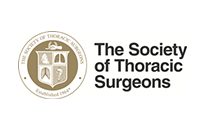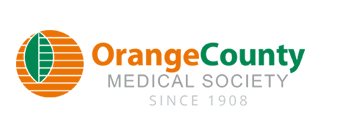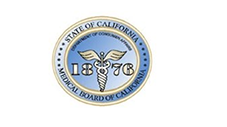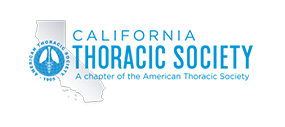Esophageal Perforation
Esophageal cancer affects approximately 14,000 Americans each year with a dismal 5 year survival. The two major types or esophageal cancer are squamous cell carcinoma and adenocarcinoma. Squamous cell cancers are related to smoking and alcohol intake and adenocarcinoma is thought to be related to chronic acid reflux exposure.
Most patients present with dysphagia, or difficulty swallowing. Diagnosis is made with a barium swallow, endoscopy with biopsy, and a CT scan. Endoscopic ultrasound and PET scan are used to stage patients for lymph node involvement, depth of invasion, and metastatic disease.
Treatment depends on the stage of the cancer. For very early stage tumors, surgical resection is performed alone or followed by chemotherapy. For earlier stage tumors, chemotherapy and radiation is given followed by surgery. Therapy for advanced stage esophageal cancer is chemotherapy and/or radiation therapy.
Surgery is directed at removing the esophagus and then replacing it with either the stomach or colon to re-establish gastrointestinal continuity. Most surgeons prefer to use the stomach as the conduit if possible. Traditionally, surgery involved either a large chest or abdominal incision or both, but now this can be accomplished minimally invasively. Most patients after undergoing an esophagectomy will stay in the hospital 10-14 days. The minimally invasive approach allows less postoperative pain, shorter hospital stays, and faster recovery.
If you wish to be advised on the most appropriate treatment, please call 949 444 LUNG to schedule an appointment or Get an online appointment.





















